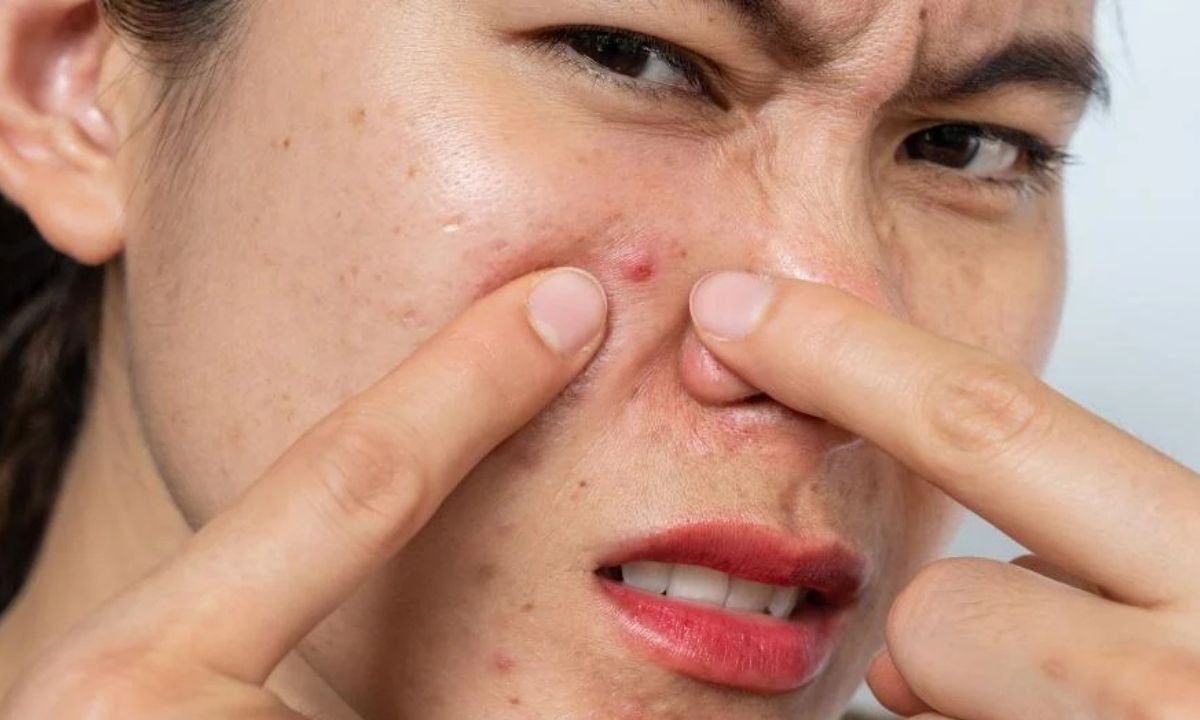Aging impacts every part of the body, including the mouth. For seniors, maintaining oral health is a critical component of overall wellness. Common dental challenges include tooth decay, gum disease, dry mouth, and tooth loss. With proper care and timely dental interventions, many of these problems can be managed effectively, improving both quality of life and confidence in later years.
Tooth Decay and Cavities
Tooth decay remains a significant concern for older adults. As people age, their teeth and gums may become more vulnerable to damage. A common cause of cavities in aging populations is reduced saliva production. Saliva acts as the mouth’s natural defense against decay, washing away food particles and neutralizing acids that erode tooth enamel.
Many seniors experience dry mouth due to medications for chronic conditions like hypertension or diabetes. Without adequate saliva, teeth become more prone to decay. Seniors should use fluoride toothpaste, incorporate fluoride rinses into their daily routine, and visit a dentist regularly to address any signs of tooth decay early. Dentists can also apply sealants or fluoride varnishes to provide extra protection against cavities.
Gum Disease
Gum disease, or periodontitis, is another prevalent issue among older adults. It begins with plaque buildup along the gumline. Over time, untreated plaque hardens into tartar, leading to inflammation and infection. Periodontitis can cause gum recession, bone loss, and even tooth loss in severe cases.
Seniors should monitor for signs of gum disease, such as bleeding gums, swelling, persistent bad breath, or gumline changes. Daily brushing and flossing can prevent gum disease, but professional cleanings are often necessary to remove tartar. Antibacterial mouthwashes are also helpful in reducing harmful bacteria. Regular checkups allow dentists to identify and treat gum disease before it progresses to an advanced stage.
Tooth Loss
Missing teeth affect both appearance and functionality. Tooth loss can make chewing difficult, which may lead to poor nutrition. It can also impact speech and self-esteem. Dentures, bridges, and implants are the most common solutions for missing teeth.
Dentures are removable appliances that replace missing teeth and are often the most cost-effective option. However, ill-fitting dentures can cause discomfort and sores. Dental implants are more durable and function like natural teeth, making them a preferred choice for many. Bridges offer another alternative, especially when only a few teeth are missing. Seniors should consult with a dentist to determine the best option for their needs and budget.
Dry Mouth
Dry mouth, or xerostomia, is a widespread issue among seniors. It’s often caused by medications, such as those used to treat high blood pressure, allergies, or depression. Beyond discomfort, dry mouth can lead to cavities, gum disease, and infections.
To manage dry mouth, seniors should stay hydrated, chew sugar-free gum to stimulate saliva production, and avoid tobacco and alcohol. Over-the-counter saliva substitutes can also provide relief. If the condition persists, seniors should seek advice from an emergency dentist in Calgary or their local dental clinic. Addressing dry mouth promptly reduces the risk of more serious complications.
Oral Cancer
Oral cancer risk increases with age, particularly for those over 60. Smoking, excessive alcohol consumption, and poor oral hygiene are major risk factors. Early detection is vital for successful treatment.
Seniors should look out for symptoms like sores, lumps, or discolored patches in the mouth that don’t heal within two weeks. Regular dental checkups often include oral cancer screenings, which can detect abnormalities early. Quitting tobacco, moderating alcohol intake, and maintaining good oral hygiene can reduce the risk significantly.
Denture Care
Dentures improve the quality of life for many seniors, but they require proper care to function well and prevent infections. Cleaning dentures daily with a non-abrasive cleanser removes bacteria and food debris. Soaking dentures overnight in a mild cleaning solution keeps them fresh and prevents warping.
Seniors should remove dentures before sleeping to allow their gums to rest. Any discomfort, sores, or changes in fit should be addressed with a dentist. Regular adjustments ensure that dentures remain comfortable and effective.
Nutrition and Oral Health
Good nutrition plays a crucial role in maintaining oral health. A balanced diet rich in calcium, phosphorus, and vitamin D supports strong teeth and bones. Dairy products, leafy greens, nuts, and fish are excellent sources of these nutrients.
Crunchy fruits and vegetables, such as apples and carrots, can naturally clean teeth while providing essential vitamins. Limiting sugary and acidic foods helps reduce the risk of cavities and enamel erosion. Seniors should aim to eat a variety of foods that promote both oral and overall health.
Cognitive Decline and Oral Hygiene
Cognitive conditions like Alzheimer’s disease and dementia can make it challenging for seniors to maintain oral hygiene. Forgetfulness or difficulty with motor skills may result in poor brushing and flossing habits. Caregivers play an important role in assisting seniors with their oral care routines.
Using simple tools like electric toothbrushes or floss holders can make oral hygiene easier. Dental visits are especially important for seniors with cognitive decline, as dentists can detect and address issues early. Caregivers should work closely with dental professionals to develop strategies for maintaining oral health.
Financial Barriers to Dental Care
The cost of dental care is a common obstacle for seniors. Many do not have dental insurance, and Medicare in some countries doesn’t cover routine dental procedures. This can lead to delayed treatment and worsening conditions.
Affordable dental care options include community clinics, sliding-scale fees, and government assistance programs. Early intervention is cost-effective, as it prevents minor issues from becoming severe problems that require expensive treatments.
Emergency Dental Care
Dental emergencies can happen at any age, but seniors are particularly susceptible due to weakened teeth and gums. Broken dentures, severe toothaches, and infections are common reasons for seeking urgent care.
Knowing where to find an emergency dentist in Calgary or other local areas is crucial. Prompt treatment can prevent complications and reduce pain. Seniors should not hesitate to contact a dentist if they experience significant discomfort or swelling.
The Role of Technology
Advances in dental technology provide new opportunities to address the unique needs of aging populations. Laser dentistry offers less invasive procedures with shorter recovery times, making it an excellent option for seniors. Dental implants have become more reliable, offering a durable solution for tooth replacement.
Digital imaging allows dentists to diagnose problems more accurately and create detailed treatment plans. These innovations enhance the quality of care and improve outcomes for older adults.
Preventive Care is Key
Prevention is the cornerstone of healthy aging. Brushing twice daily with fluoride toothpaste, flossing daily, and using an antibacterial mouthwash can prevent many common dental problems. Regular professional cleanings and checkups help detect issues early.
Education is also essential. Seniors should understand the importance of oral hygiene and know how to manage age-related changes in their dental health. Empowering seniors to take control of their oral care ensures a better quality of life as they age.















